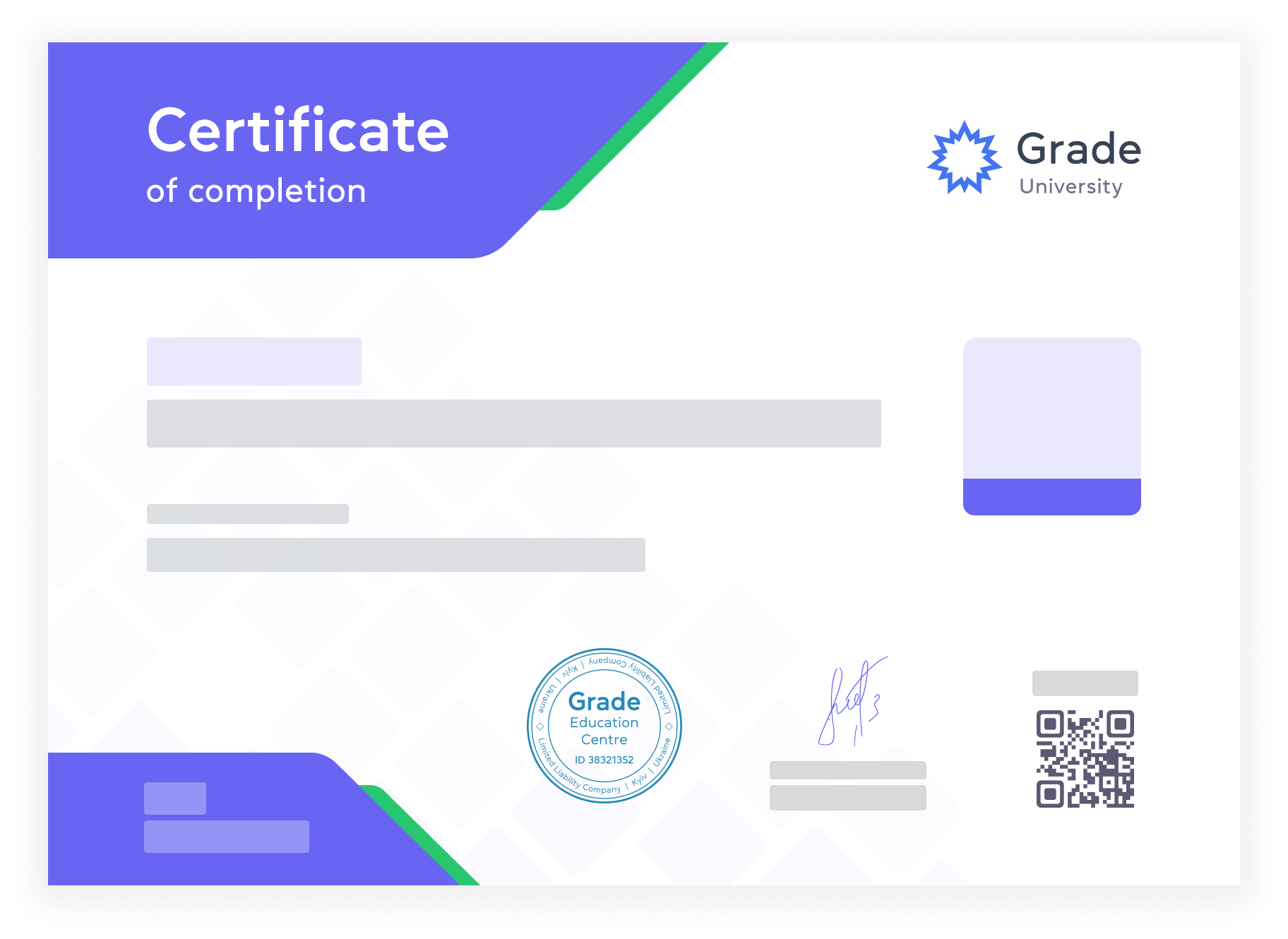Types of Reading: Scanning, Skimming, Extensive, and Intensive Reading
Developing Listening Skills
You can buy this Course for $ 49 or try Demo first
About the course
Level
New to TEFL/TESOL
Your Students
Adults, Teenagers
Required time
7 hours
Has listening ever been difficult for you? Have you ever faced a situation when you understand the listening text but cannot complete a listening task? Or, perhaps, you don't understand why your answer is incorrect? Maybe your learners have faced this situation? This course will help you identify the problem, and find ways to help your learners become competent listeners.
Listening is an essential skill for both successful language learning and communication. It requires no less attention and practice than other language skills (reading, speaking, and writing). It is not obvious, though, how to develop and practise it, since, unlike reading, it is often not taught on purpose, and it is difficult to decide what to start with, what to focus on, or why students fail to improve their listening skill despite the teacher's effort.
In this course, we will look at listening as a receptive skill, and the difference between listening as a general ability and listening as a language skill we need to help students develop. The course also looks at typical problems with listening in class, why they come about, and how to address them. We will also be talking about using soundscripts in listening lessons.
This course is aimed at both novice and experienced teachers, who would like to learn about listening as a vital part of language learning, the main listening sub-skills and their development.
Course Program (in Ukrainian)
Download PDFKeywords
- Teaching Techniques
- Listening
- Teaching tools
What's in the course?
Overview of
- listening as a receptive skill, and its peculiarities
- main listening sub-skills
Practical tips on
- how to teach students essential listening skills
- how to address typical problems with listening
Tips on
- using subtitles
- using audio scripts
Course Outline
Strict Order
This course consists of integral units that should be done in a strict order. Within each unit, the tasks follow a strict order and should be done one by one.
What is listening and why do we need to develop listening skills?
Listening sub-skills
Typical problems and misconceptions about listening
Using soundscript
Final test
Course outcomes
During the course, you will learn to:
- identify essential listening skills
- explore the difference between listening and reading, and the role of listening in developing oracy
- better understand coursebook listening tasks - what a typical task pattern is, and which skills each task practises
- use basic strategies to help students master and practice essential listening skills
- better understand why students have problems with listening, identify and address these problems
- learn how to exploit audio scripts
The skills you will learn:
- better understanding of coursebook listening tasks
- using basic strategies for developing essential listening skills in EFL/ESL learners
- identifying and addressing problems EFL/ESL learners face with listening
Certificate
Based on the results of the final test you will get:
0–69% — Certificate of Attendance
70–89% — Certificate of Completion
90–100% — Certificate of Completion with Merit
Certificate will appear in your Profile.




